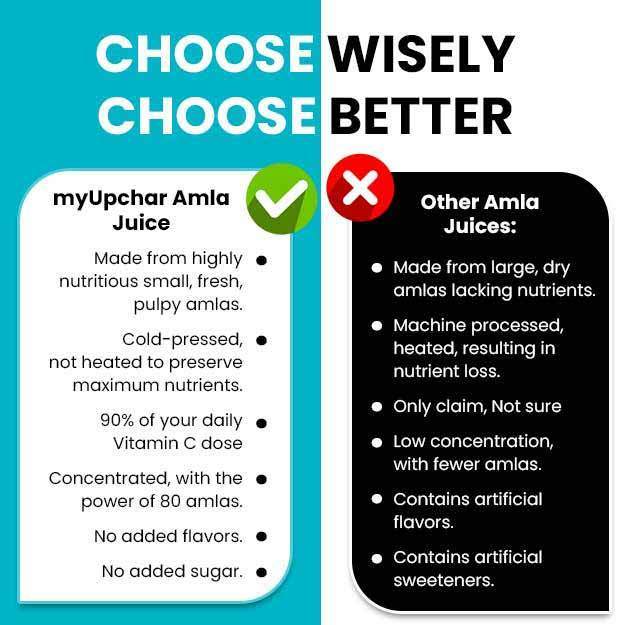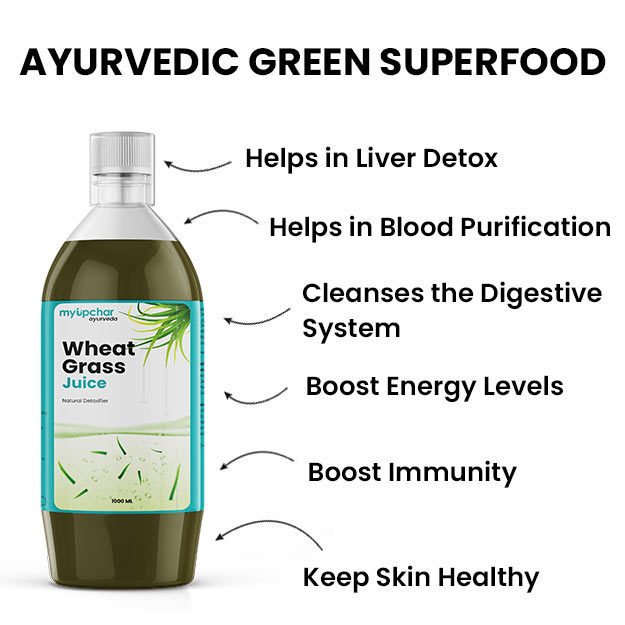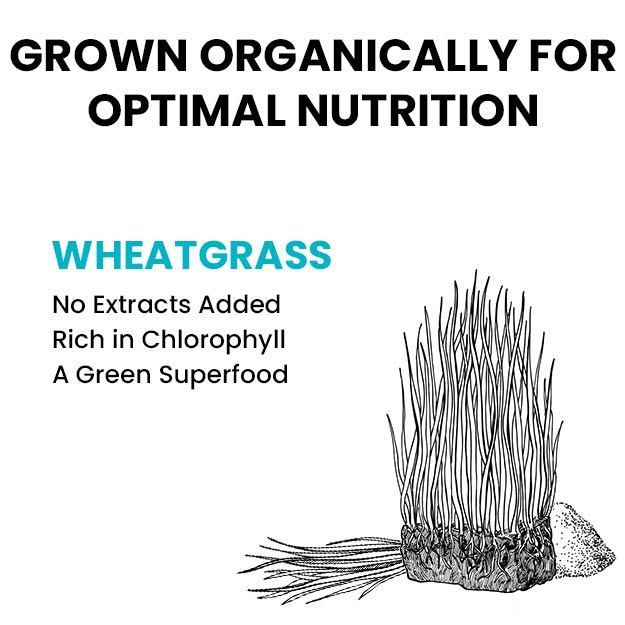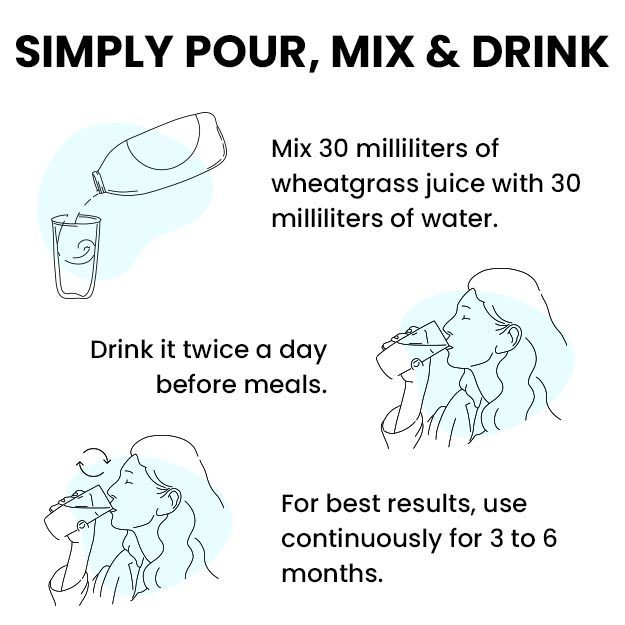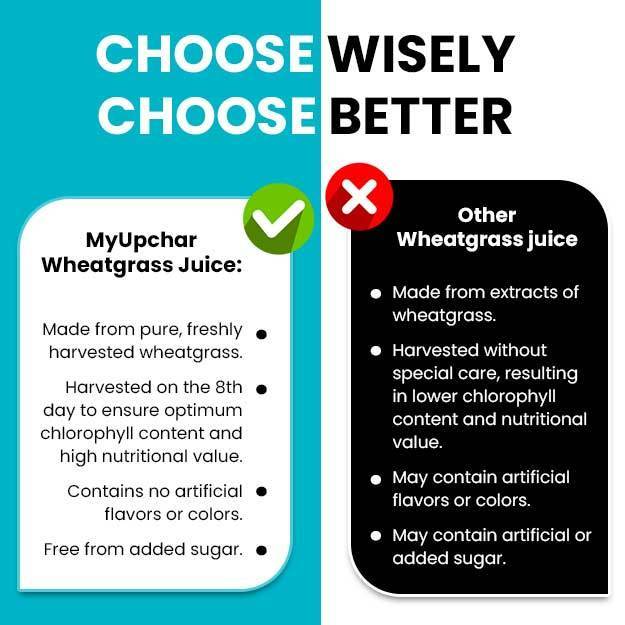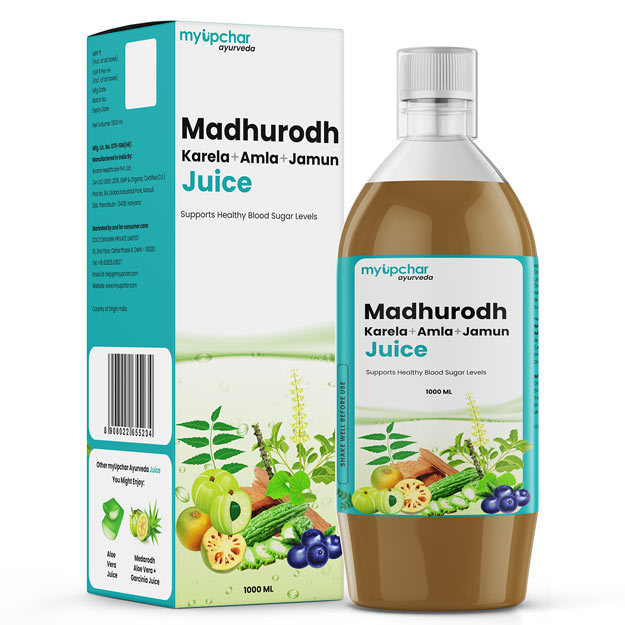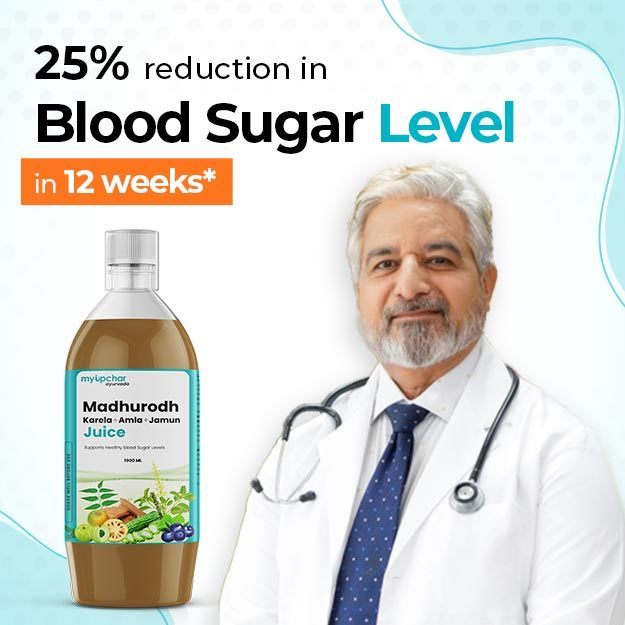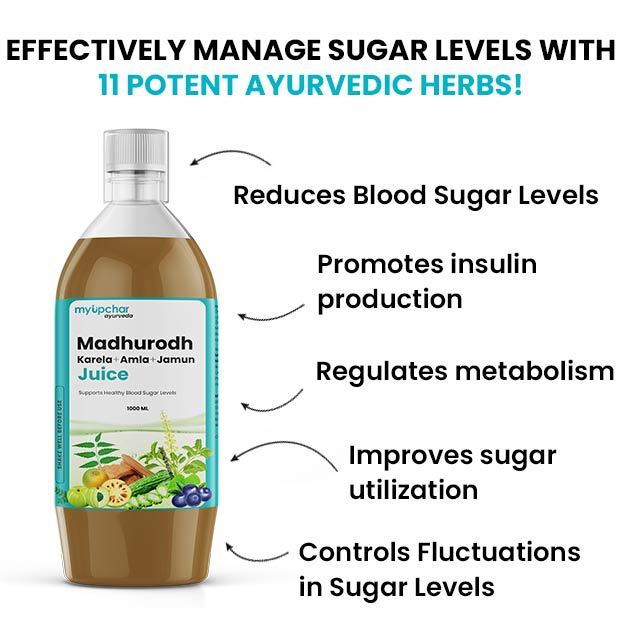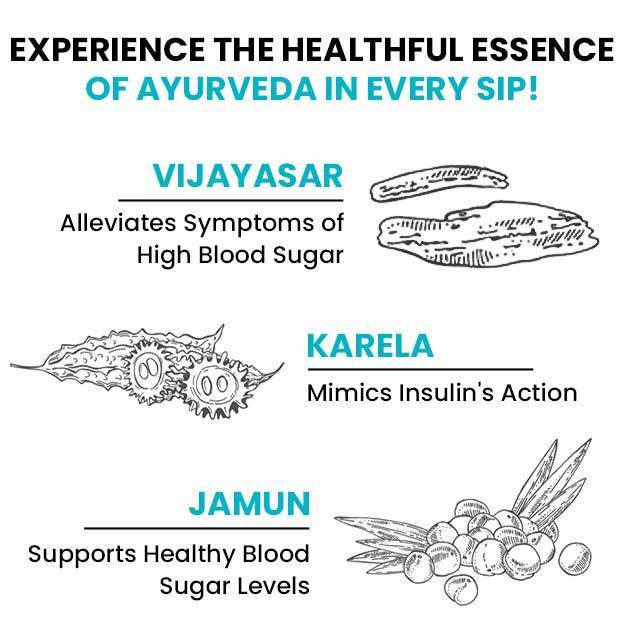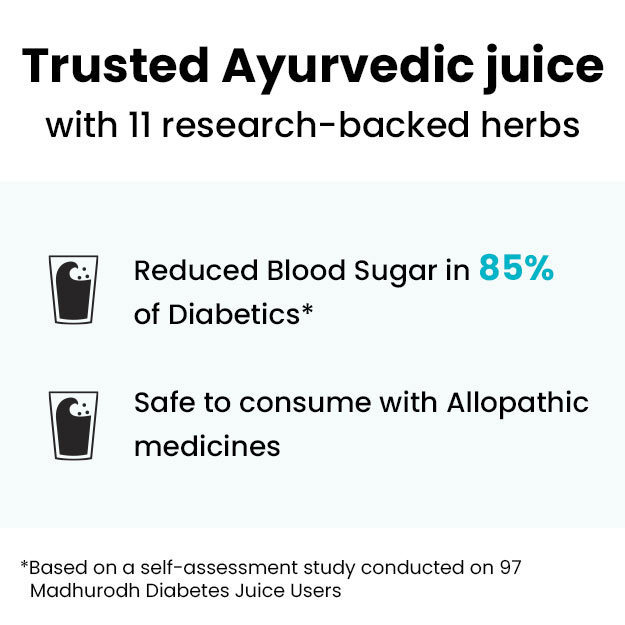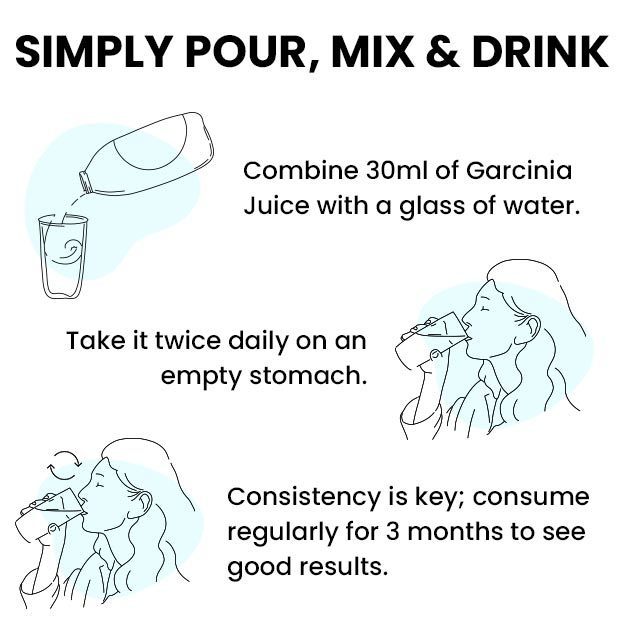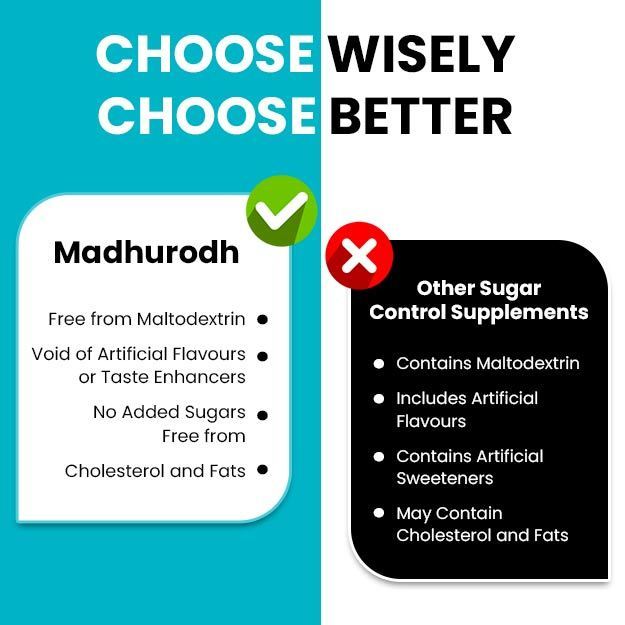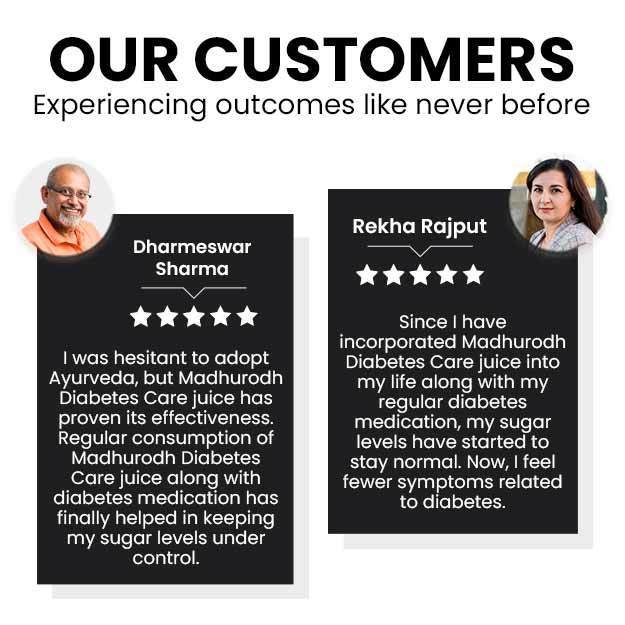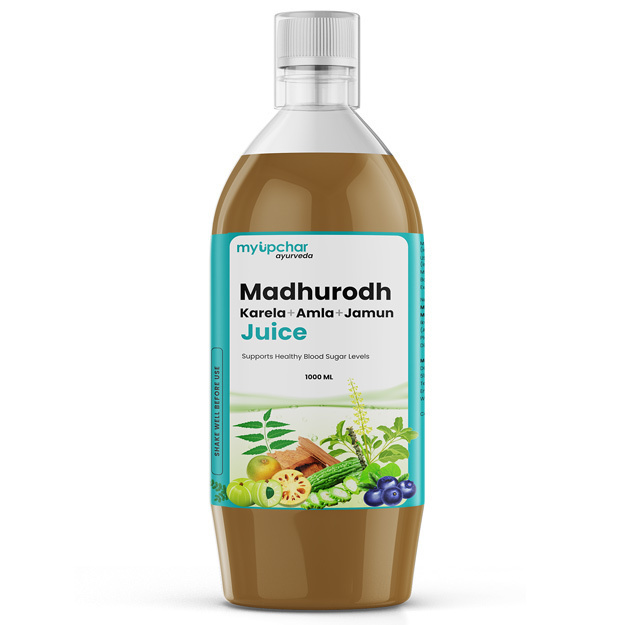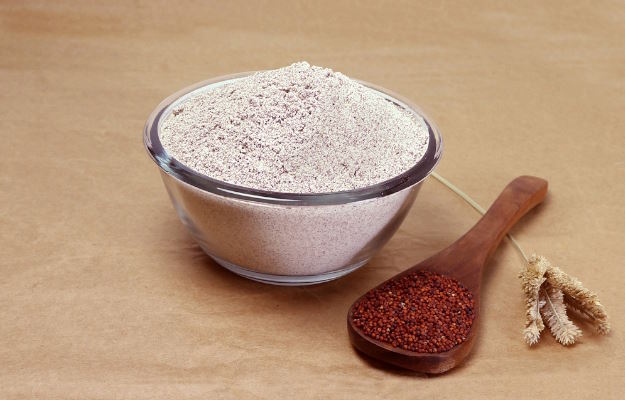Hypoglycemia and hyperglycemia sound similar, but these conditions occur under different circumstances – depending on whether you have diabetes or not.
How Does Hypoglycemia Occur Without Diabetes?
Hypoglycemia usually happens to people with diabetes, but it's possible to have low blood sugar even without diabetes. Blood sugar, or glucose, is what the body uses for energy. After eating food or drinking beverages, the hormone insulin allows sugar to enter your body's cells, where it is used for energy. Insulin is a hormone produced by the pancreas. Hypoglycemia occurs when there is too much insulin in the bloodstream. This happens when you don't eat anything for 8 hours or more. A drop in blood sugar means there is not enough glucose in your bloodstream to fuel your brain and body.
Low blood sugar can happen even without sugar if you take a medicine that lowers your blood sugar. Some painkillers include:
- Aspirin
- Contraceptive Pills
- Steroids
- Blood Pressure Medicine
- Antibiotics
Other causes of low blood sugar without diabetes include excessive drinking and increased physical activity. Also, some medical conditions can increase the amount of insulin produced by your pancreas. Which includes pancreatic tumor, adrenal gland disorders and hepatitis.
If you have prediabetes, or if you eat too many refined carbohydrates, such as white bread, pasta, and pastries, you may experience low blood sugar.
Read More - (Diabetic Coma )
How Does Hypoglycemia Occur With Diabetes?
If you have diabetes, taking too much insulin or other diabetes medications can cause hypoglycemia. Too much of the drug in the bloodstream causes your body's cells to absorb too much glucose. Hypoglycemia with diabetes can also occur if you eat less than usual or increase your level of physical activity.


















